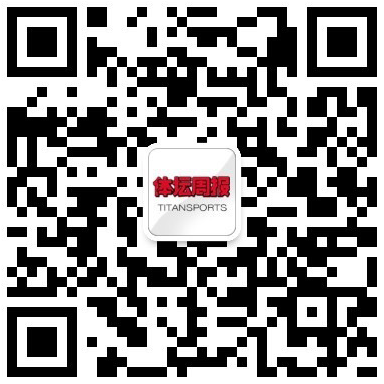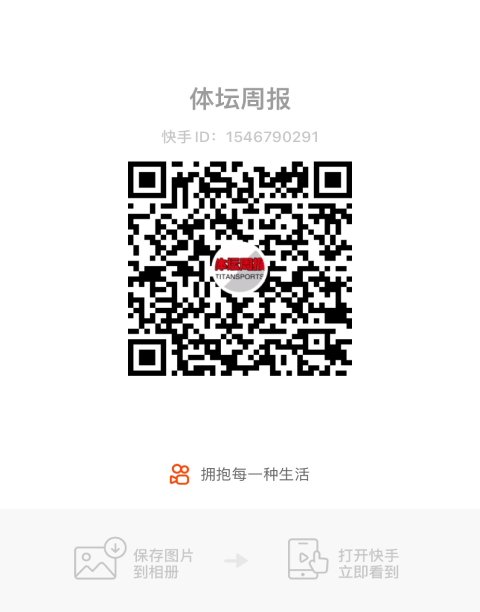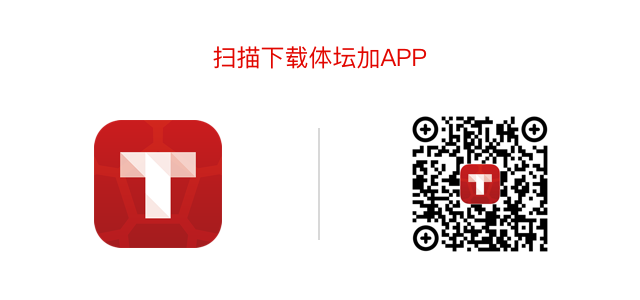
- 首页
- >
- 正文
The Yili-Mengniu squabble for IOC exclusivity
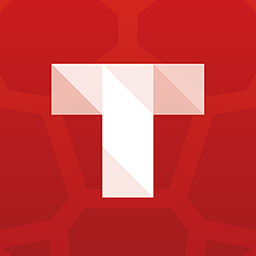
Titan Sports Consulting
On June 24th, the IOC, the Cola-Cola Company and China Mengniu Diary company announced joint worldwide Olympic Partnership from 2020 to 2032. It is the first-ever joint TOP partnership agreement in IOC history. The IOC’s announcement reads ‘The partnership combines the non-alcoholic beverage and the dairy categories into a new joint category, and brings Chinese dairy company Mengniu into the family of Worldwide TOP Partners’.
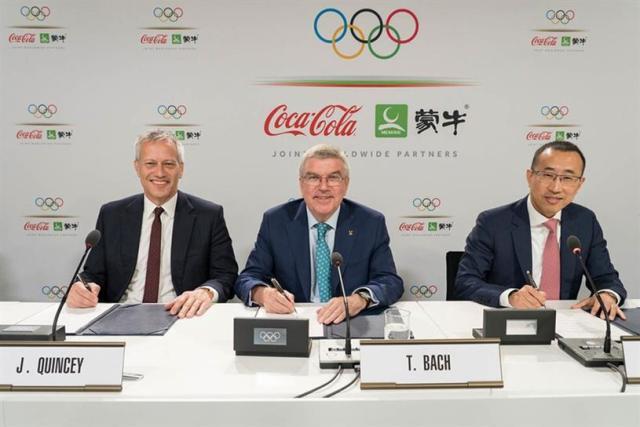
However, it sparked a spree of controversies in China.
On June, 20th, four days before IOC announced the partnership deal with Coca Cola and Mengniu, Yili, who had just been aware of the talk between Mengniu and IOC, issued an open letter through their wechat account to accuse the deal to be released ‘infringing Yili’s interests as the official diary product sponsor of Beijing 2022 Winter Olympic Games’. The letter was later deleted.
The TOP programme, launched in 1985, is the ‘highest level of Olympic Sponsorship, granting category-exclusive marketing rights’ of all Olympic events. Included in the programme are marquee brands of different industries all over the world, which enjoyed marketing opportunities brought in by the Olympic brand while they paid a massive amount of sponsorship fee to IOC, the owner and operator of Olympic brand and events. Before the announcement of the joint deal, 13 corporates had been inducted into the TOP programme, including one China-based corporate Alibaba, who signed the partnership deal through 2028 with IOC in 2017. Compared to Alibaba’s $200m to $250m sponsorship fee paid to IOC, Mengniu and Coca Cola spent $1.5bn for sponsorship fee, according to Financial Times, and the total cost including additional media spending, could be added up to nearly $3bn.
Yili (SSE 600887), founded in 1993 and based in Hohhot, Inner Mongolia, is China's market-leading dairy products producer. In August, 2017, Yili signed a partnership deal with Beijing Organising Committee to become the official diary product sponsor for the 2022 Olympic and Paralympic Winter Games.
For this reason, the signing of the joint partnership between Coca Cola and Mengniu caused Yili’s backlash. In Yili’s earlier partnership deal with Beijing Organizing Committee, they are the ‘official diary product sponsor’. Though Mengniu sell some non-diary products, the full name of the company is ‘China Mengniu Dairy Company’.
Mengniu (HKG: 2319), whose headquarter is also in Hohhot, Inner Mongolia, was founded in 1999 by Niu Gengsheng, a former senior director of Yili Group. It is the second largest diary product producer in China after Yili, as the latter’s main market competitor. In 2009, Mengniu sold a 20% stake to a consortium led by state-owned China National Oils, Foodstuffs and Cereals Corp (COFCO), China's largest importer and exporter of food. The consortium led by COFCO is still the largest shareholder of Mengniu Group, holding 31.4% of the equities. COFCO has been a partner of Coca Cola since their return to Chinese market in 1979 following the full-swing economic reform.
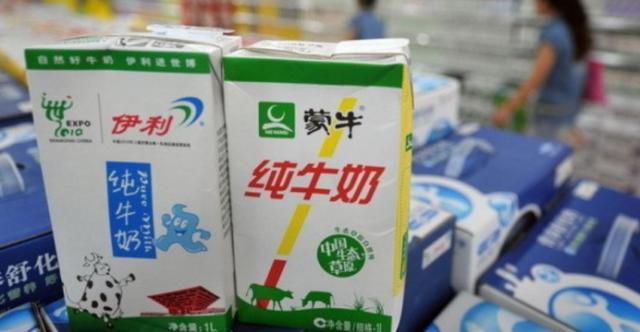
An initiative of IOC: A new category
As per marketing legislation, the exclusivity of Olympic Sponsorship is based upon product category and region. Theoretically it is improbable to have two or more brands of similar product structure in the same category or region’. Said Giovanni Izzi, a partner of an Italy-based law firm of Izzi, Toniatti, Perron Cabus and Martini & Partners.
In IOC’s TOP programme, Parasonic and Samsung, two giant digital audio/video equipment providers, are both listed. IOC signed two exclusive deals with them, allocating the two providers into two business categories. Parasonic is the exclusive partner in the ‘exclusive audiovisual product category’ while Samsung holds the rights of the ‘wireless communications equipment and computing equipment category’.
The other case is Alibaba, who joined TOP programme in 2017. Their products Alipay and Alibaba Cloud are potentially market competitors with the products of Atos and Visa, who had been Olympic partners before Alibaba. While IOC clearly stipulated the exclusivity category of the relevant partners, the deal with Alibaba did not cause accusation from relevant interest groups.
Giovanni Izzi further commented ‘Before Coca Cola and Mengniu signed the joint partnership deal with IOC, Beijing Organizing Committee had no rights to sign a non-alcoholic beverage partner. Beijing Organizing Committee signed Yili as their diary product sponsor in 2017 because IOC had no diary product brand in their TOP Programme, nor had they any plan to sign any diary product brand in the TOP programme before the 2022 Beijing Winter Olympic Game. However, in IOC’s announcement, the partnership deal is based on a new joint category, neither non-alcoholic beverage, nor diary product.’
In Paragraph 12 of IOC’s official announcement of their Olympic Partnership with Coca Cola and Mengniu, it is stated ‘Olympic marketing programmes are based on the fundamental principle of exclusivity within a specific product category and territory. The current Beijing 2022 domestic partner’s exclusive rights in its designated category in the Chinese market will not be affected’.
On the same day when IOC announced the joint partnership deal, Beijing Organising Committee for the 2022 Olympic Games claimed they will protect the rights of all sponsors and reinstate Yili’s status of exclusive dairy products sponsor though their official weibo account. It is worth noting that Mengniu, having completed the joint sponsorship top partnership deal with IOC, retweeted the weibo post.
A ‘self-ambushing’
According to Simon Chadwick, the Professor of Sports management of Salford University and Lyon Business School, Mengniu’s strategy is ‘self-ambushing’, through which IOC and its commercial partners (Cocacola) effectively ambushed themselves.
In an interview with Titan Sports, Nicholas Watanabe, a lecturer of sports management of Southern Carolina University, said “Although this likely will not violate any laws or regulations about ambush marketing, it does set a dangerous precedent for the Olympics and the overall sponsorship market if this happens. That is, by having potential overlap between sponsorship categories for the local and global sponsorship deals, it creates the ability for corporations such as Mengniu to find ways to circumvent existing deals, and position themselves as a sponsor even though their competitor has already locked up exclusivity in a certain category.”
“Allowing this to happen will clearly anger companies that have spent large sums of money to become official sponsors, and could result in them canceling their sponsorship as Yili has threatened to do. Furthermore, by creating an environment where exclusivity is not guaranteed, the Olympics essentially is lowering the value of their sponsorships, and thus they will likely develop rules or policies to prevent future occurrences. For now, the Olympics will have to deal with the difficult balancing act of keeping their official sponsor (Yili) and the state-owned Mengniu corporation happy’. Dr. Watanabe commented.
Alain Lunzenfichter, a journalist of L’equipe and an co-author of Jacque Rogge’s autobiography Pour la beauté du sport, told Titan Sports, ‘The interests of Yili (the 8th biggest diary product manufacturer in the world), have been harmed by the partnership deal, though which Mengniu (the 11th in the world), their main competitor in Chinese market, gained more opportunities to make their marketing campaign’.
Mark Dreyer, the founder of China Sports Insider blog, commented, ‘IOC simply doesn’t care because Mengniu is paying them a lot more money’.
In 2017, the U.S fast-food giant Macdonald who sponsored Olympic events for 41 years, left the TOP programme 3 years before their contract with IOC ends. According to Reuters, IOC planned to double the sponsorship fee with MacDonald from $100m to $200m per year for a new deal starting from 2021.
A solution for the dilemma
In an interview with Titan Sports, Wei Jizhong, the FIVB Honorary Life President and former Secretary General of the Chinese Olympic Committee, said ‘though IOC claimed this partnership is unique, but from another perspective it is a poor idea, which hinder host’s ability to achieve their marketing goals. IOC takes advantage of loopholes and gains interests through the deal, at the cost of the Beijing organizing committee and Yili. The impact of the unique partnership from IOC remains to be seen.’
Another major issue in the deal, according to Mr. Wei, is related to procedural justice from an ethical perspective: Did the IOC and Beijing Organizing Committee discuss the interests of Yili before IOC initiated dialogue with Mengniu and Cola Cola regarding the joint partnership deal? “It is an issue of IOC’s integrity. As IOC granted Yili as the exclusive dairy products sponsor of the 2022 Winter Olympic Games, it is seemingly an act of bad faith if they did not get the permission from Beijing Olympic Committee when they approved the Mengniu & Coca Cola deal’. Mr. Wei said.
Since the deal has been confirmed, how shall the relevant parties, including Yili, Mengniu, Beijing Organising Committee for the 2022 Olympic and IOC deal with the current situation? According to Wei Jizhong ‘Since Yili’s interests have been harmed, the main concern should be if there is any indemnity clause in the contract between Yili and Beijing Organising Committee. The other concern is how IOC subsequently negotiate with Beijing Organising Committee, the subject of signing the exclusive partnership deal with Yili. Essentially, IOC’s partnership with Mengniu does not quite meet the ethical standards in business and it leaves Beijing Organising Committee in a dilemma, who have to deal with the situation one Chinese corporate gains interests at the cost of the interests of another Chinese corporate.
Under current situation, as to Wei, a solution is both Yili and Mengniu made a concession: Yili continue their partnership with IOC as an official dairy products partner while reducing sponsorship fee as a result of ambushing of Mengniu. Mengniu continue their partnership with Coca Cola under the condition that they grant more dividends to IOC. Mengniu’s use of five-ring symbol shall be restricted in business activities.
It occurred in 2008 Olympic Games that IOC partnered with more than one brand of the same product category, when they signed sponsorship deals with Beijing Yanjing Brewery, Tsingtao Brewery and Budweiser. However, the joint partnership is based upon consensus of all parties involved after rounds of talks. Regarding the ongoing Yili-Mengniu conflict, no consensus is reached among relevant parties before IOC announced their partnership with Coca Cola and Mengniu.
Two days after the announcement of the ‘unique’ Coca Cola and Mengniu joint partnership deal with IOC, IOC amended the Bye-Law 2 of Rule 40 of the Olympic Charter as follows.
“Competitors, team officials and other team personnel who participate in the Olympic Games may allow their person, name, picture or sports performances to be used for advertising purposes during the Olympic Games in accordance with the principles determined by the IOC Executive Board.”
Thomas Bach commented “The amendments of the Olympic Charter made today show a clear demonstration of the new approach of the IOC, which is based on openness and flexibility, without infringing the existing agreements”.


